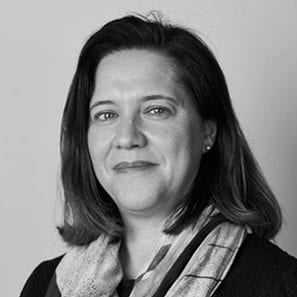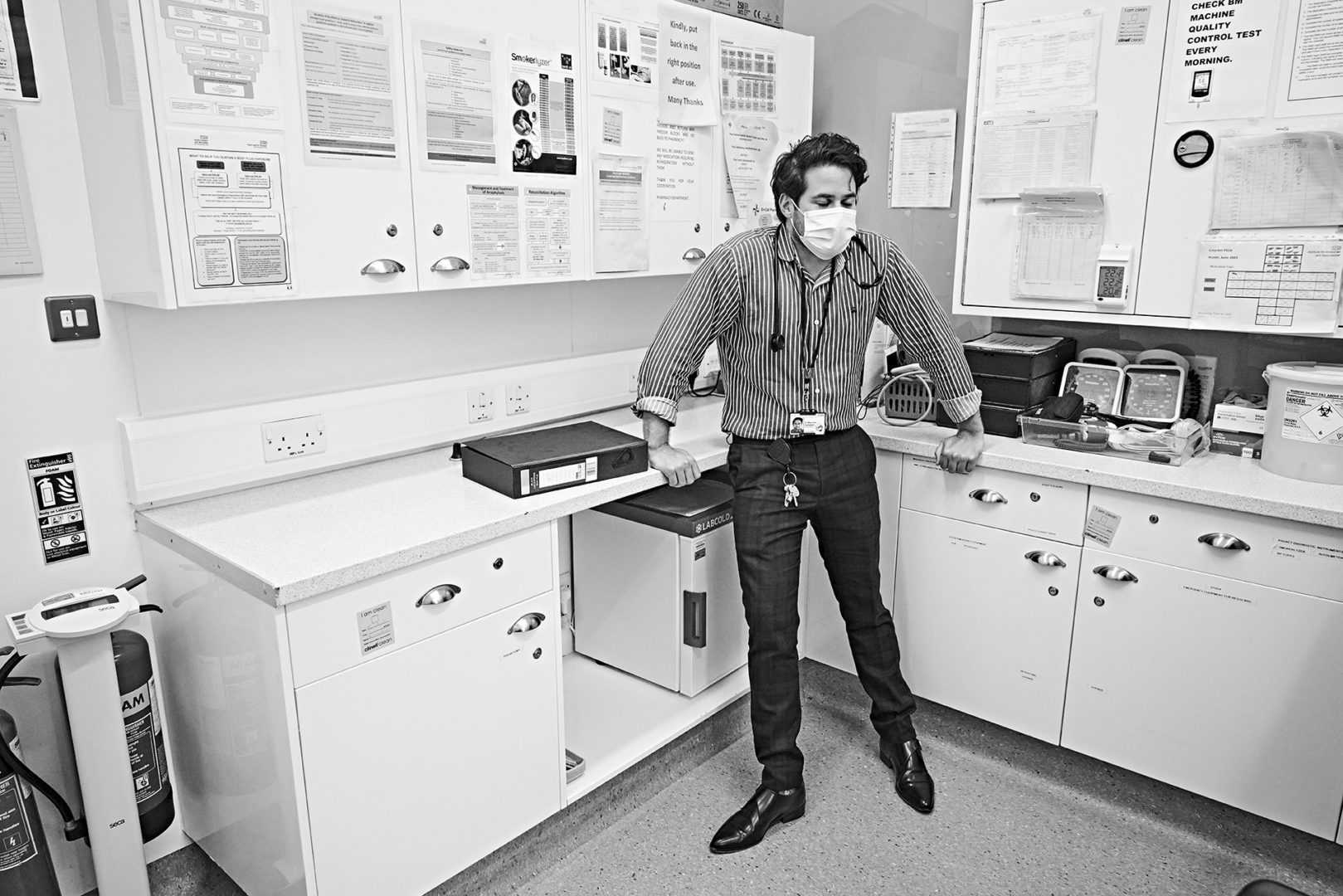
Rebecca Gray
Chief Executive, Maudsley Charity
Rebecca is chief executive of Maudsley Charity. She is responsible for developing the charity’s strategic aims, leading its involvement in major projects and overseeing grant making and governance.
Earlier this year we supported South London and Maudsley NHS Foundation Trust in commissioning a photography project to capture the experience of staff working across the Trust during the pandemic. The resulting exhibition, Covid-19 – Life Through a Lens, available in its online version here paints a remarkable picture of many of the people who provided mental health services in south London during the last 18 months.
Sadly, it’s not something we can reflect on as a historical snapshot of a peculiar and extraordinary period in our lives. We enter another Christmas unsure of what pressures the healthcare system will face for the next few months, unsure of the risks to our families, unclear about whether it is safe to spend time with them and to relax with others after such a gruelling year.
This December we know much more about the full impact of the pandemic and lockdowns on mental health. Demand for mental health services – for both adults and children – has risen significantly. Staff providing that care have, as some of the videos that accompany the exhibition show, faced their own family crises, health issues and bereavement while continuing to provide care and support to people who are unwell and to their colleagues. Jamal John, an occupational therapist at the Ladywell Unit, caught COVID early in the pandemic, fulfilling the worst fears of his partner and family. For Rawle Ragoobar, working in staff support, many of his colleagues never knew that he lost a beloved brother to COVID and nearly lost his sister who was pregnant when she contracted the virus.

We support a wide range of incredible projects based across university, voluntary sector and NHS teams. At South London and Maudsley, those projects range from novel uses of technology and data to improve care, to the volunteer support service. My team talk to NHS clinicians and managers almost daily about the ideas they have for improving care and better supporting people experiencing mental illness and their families.
What has struck me in the last few weeks is that while staff remain just as committed to their patients, they are exhausted.

Vacancy rates in almost all NHS organisations, at a time of rapidly increasing need, continue to rise. We are here as a charity to fund the innovative ideas and the new partnerships that might improve and change care for the better. But it’s hard to develop new ideas and try out new ways of doing things when teams are coping with too few staff and more and more people are in desperate need of help. I hope that, while it won’t solve the immediate pressures, growing public awareness about mental health, and gradual reductions in the stigma and fear associated with mental illness, will inspire many more people to enter mental healthcare as a career and be able to tell the stories represented in the exhibition.
In the meantime, I have every faith that despite the challenges of the last 12 months and the months to come, the remarkable staff in the NHS will continue to astonish us with their care, compassion, and commitment.
